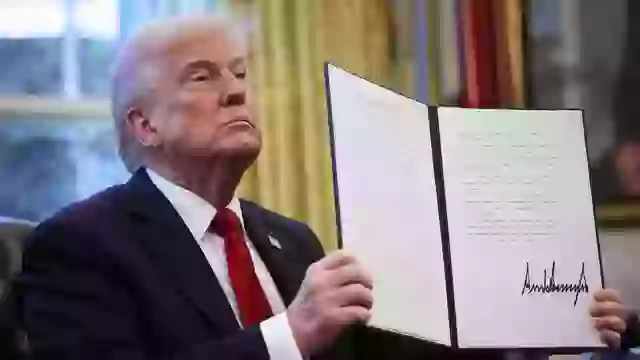Standing alongside Israeli Prime Minister Benjamin Netanyahu, President Donald Trump on Monday celebrated the international impact of his bold new reciprocal tariff policy, declaring that “virtually every country wants to negotiate” ahead of the plan’s rollout on Wednesday.
Trump referred to the previous week’s announcement as “Liberation Day”, marking what he views as a turning point in reclaiming America’s trade sovereignty after decades of one-sided deals and economic disadvantage. The new policy will impose matching tariffs on countries that have long benefited from lower U.S. import taxes while heavily taxing American goods in return.
“No more free ride,” Trump told reporters. “If you charge us 25% to sell American cars in your country, we’re charging you the same.” He emphasized that this long-overdue change is already producing results—global leaders are lining up to renegotiate, fearing the consequences of losing access to the world’s most valuable consumer market under tougher terms.
Trump’s strategy has sent shockwaves through the global economy, with allies and rivals alike scrambling to reassess their trade positions. He framed the policy not as a move toward isolationism, but as a return to fairness and strength, adding that the U.S. will no longer tolerate being treated as “the world’s piggy bank.”
The plan is expected to place immense pressure on countries like China, Germany, and even traditional allies, many of whom have long maintained tariff advantages over U.S. producers. Trump noted that negotiations are already underway behind the scenes, with many leaders signaling a willingness to reduce trade barriers in order to preserve relationships with Washington.
Supporters of the move see it as a bold correction to decades of globalist trade policy, while critics warn of potential retaliation and higher prices. But Trump remains undeterred. “We’re not starting a trade war—we’re ending one that was quietly killing American jobs,” he said.

